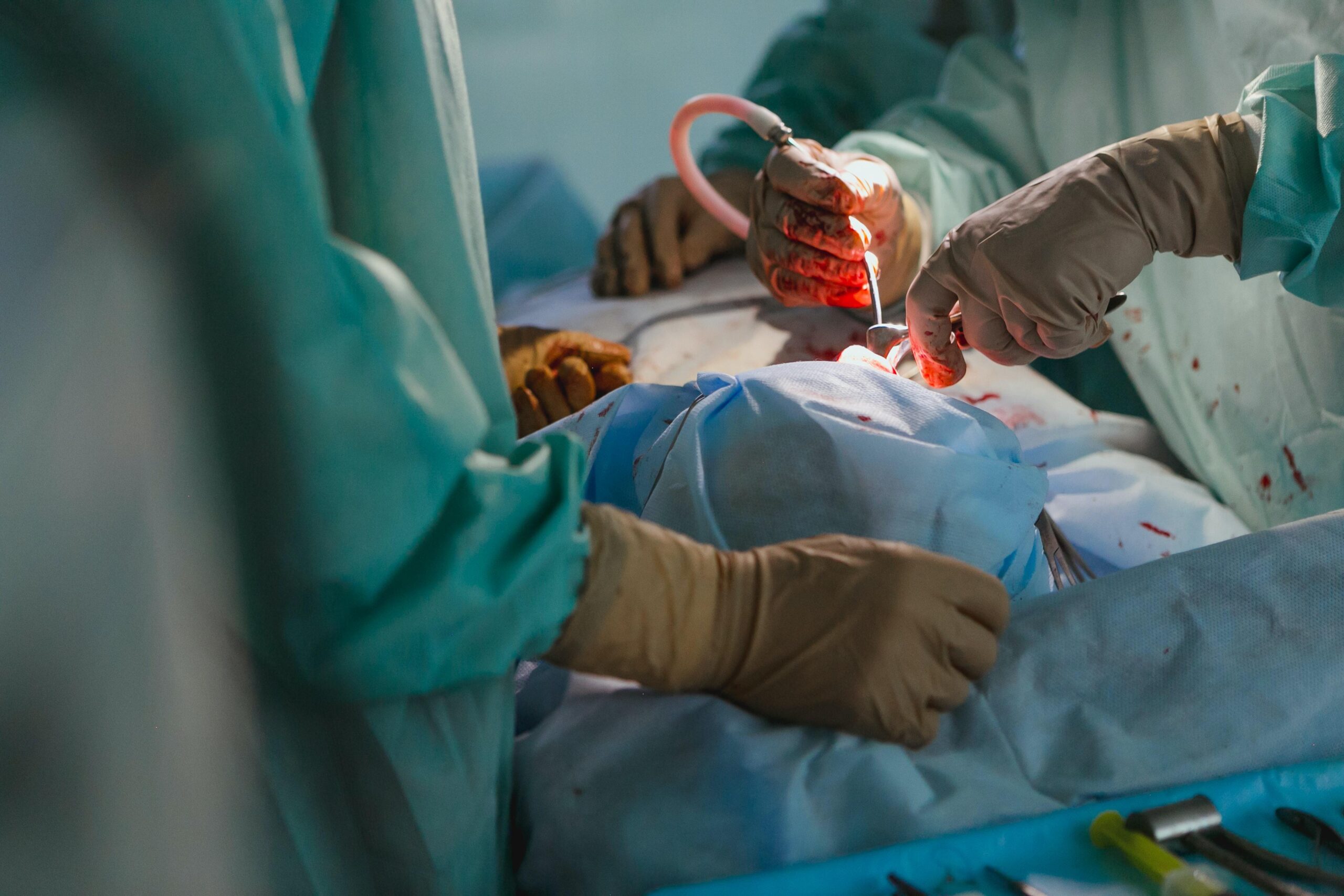One of the most important clinical services in the medical industry is the medical diagnosis. It is the process to determine which ailment or disease or a condition that the person suffers through an explanation of the symptoms and signs that appear internally and physically. It’s most common term is implicitly referred as the diagnosis in the context of medicine.
The explanation of the diagnosis is based on the information that is collected through the history of physical examination to the person who seeks medical care and more often, it is one or more diagnostics procedures that are being done during the process to clearly determine the medical condition or illness of the person. There is also a posthumous which is still considered as a medical diagnosis for a person who succumbed to natural death.
A medical diagnosis which is one of the main clinical service offered in hospitals, medical centers, and diagnostics centers. The diagnostics involved blood sampling, urinalysis, stool or tissue examination, and IVD’s assessments to determine a person’s specific condition through biomarker or genetic predisposition.
Diagnosis is very important for a person who is suffering from a condition or a disease because this is one effective way for the doctors to come up with the proper medication based on the results of the diagnostic examinations that the person underwent.
Some diagnostic examinations that are applied are also to determine the development of the disease and to discover what stage of development is it in as well as its progress because, in this way, it allows the doctors to assess the proper medication and treatment to effectively stop the progress of the disease. These kinds of diagnostic examinations are commonly applied to patients that have malignant diseases such as cancer.
In medical diagnostics, there is monitoring, screening, and prognosis where each plays a key role in determining the disease and come up with the effective treatment for it.
- MONITORING- This is intended to determine the disease’s progress and if it is under control. The purpose of monitoring is to keep an eye on chronic diseases such as diabetes where patients have to regularly check for blood sugar levels. This is because most chronic diseases cannot be treated since it is hereditary and all the doctors can do is to come up with the proper medications based on the monitoring diagnosis by prescribing the patient to have a medical maintenance and change in lifestyle to control the progress of the disease and control it.
- SCREENING- This is to study the patient’s present symptoms that appear physically due to the disease they carry. This is one effective way to determine what kind of disease the person has and determine its development. Screenings are applied to a person who wants to know if they are carrying a disease or not by studying the symptoms or just by simply conducting several diagnostic examinations to ease a person’s curiosity.
- Prognosis- This allows the attending medical personnel to create an assessment if the patient is a candidate to obtain this kind of disease whether it is through hereditary or through his or her lifestyle. The attending medical personnel then submit the diagnostics results to the doctor to come up with precautionary measures to prevent that person from developing that disease.




